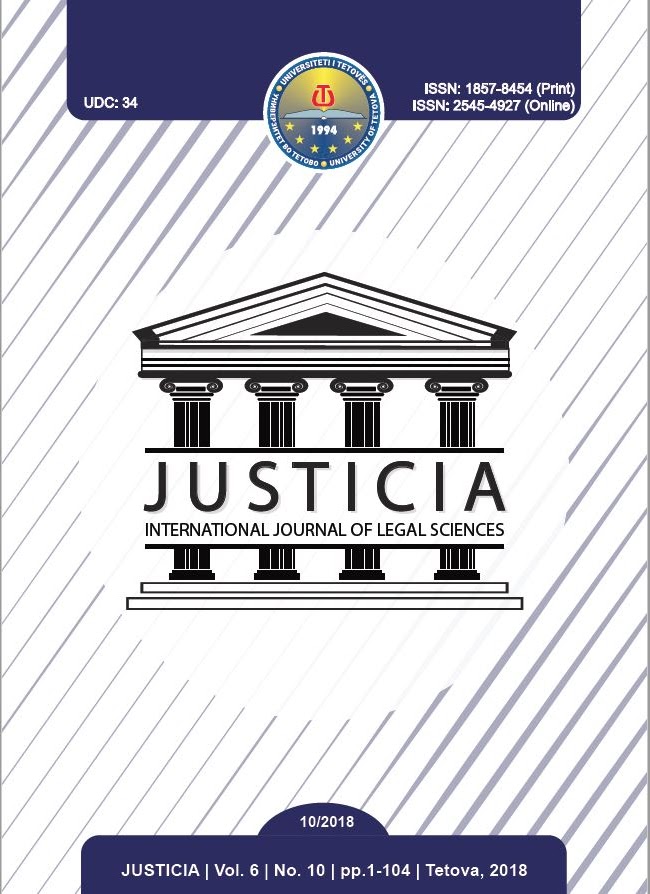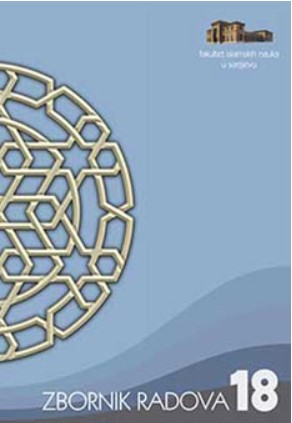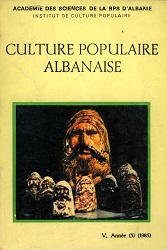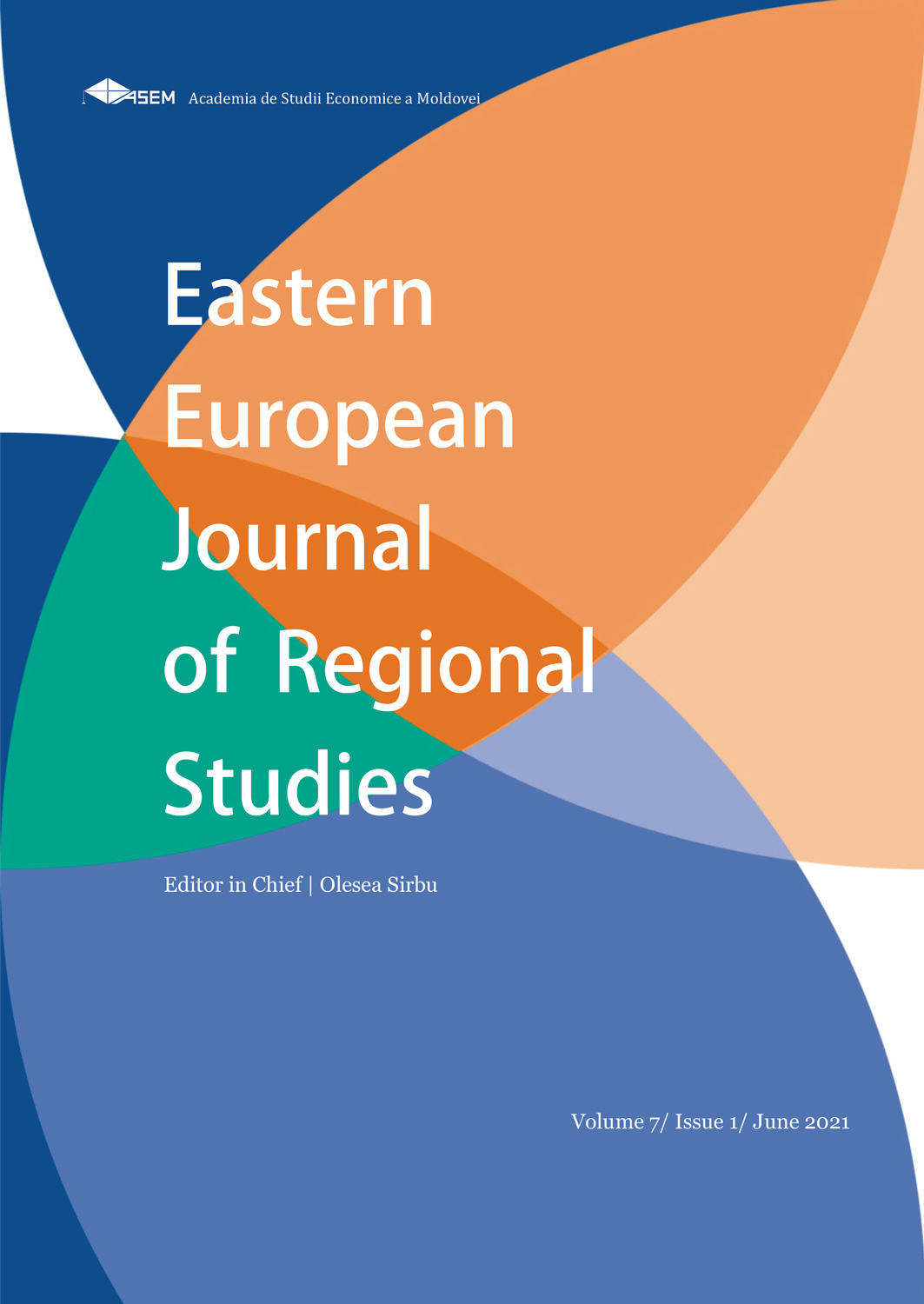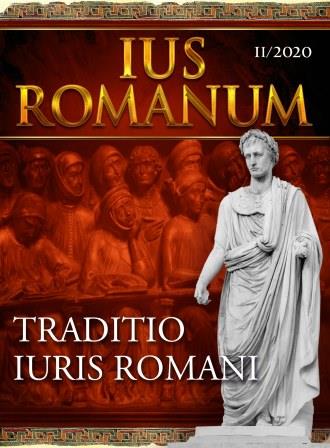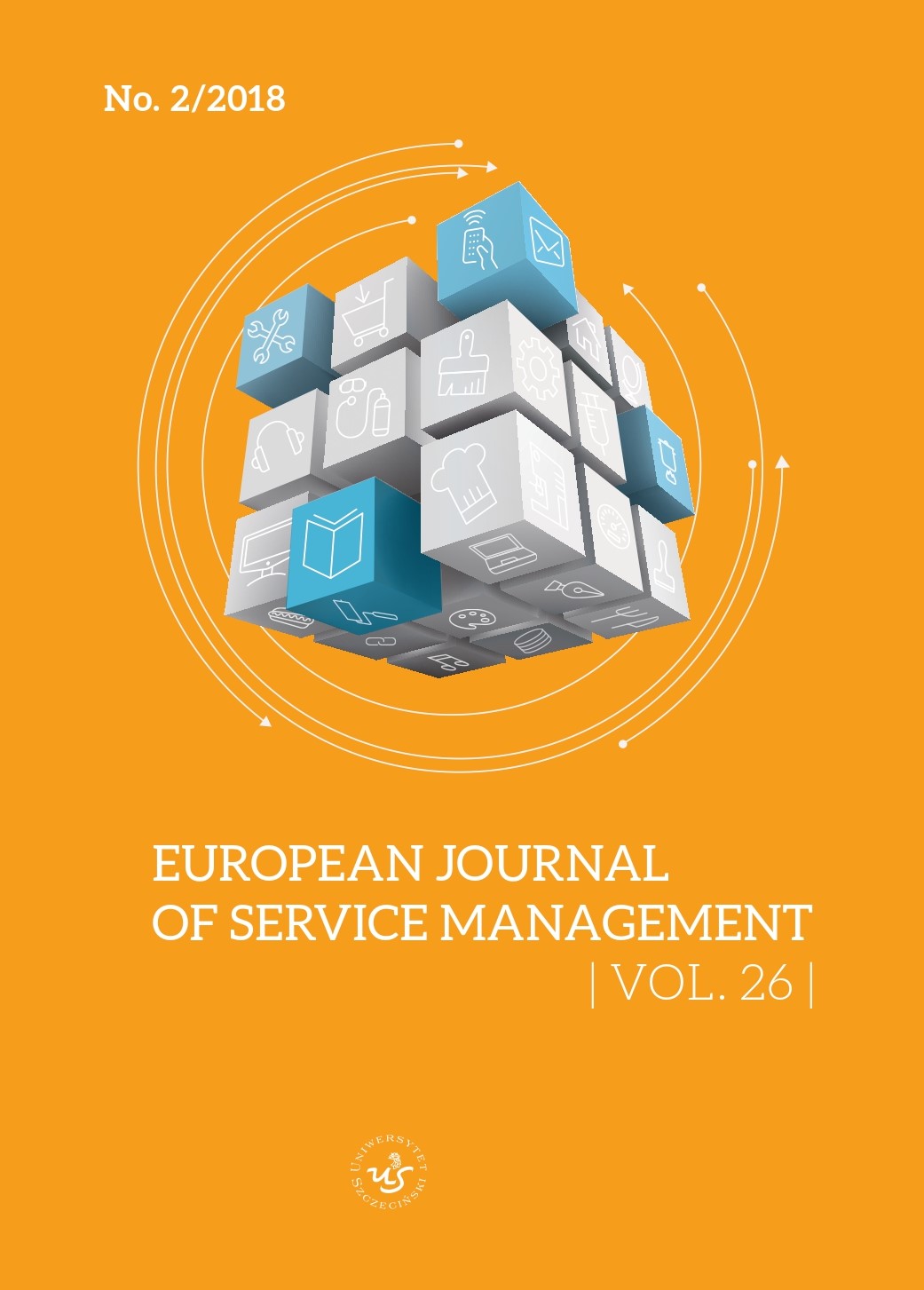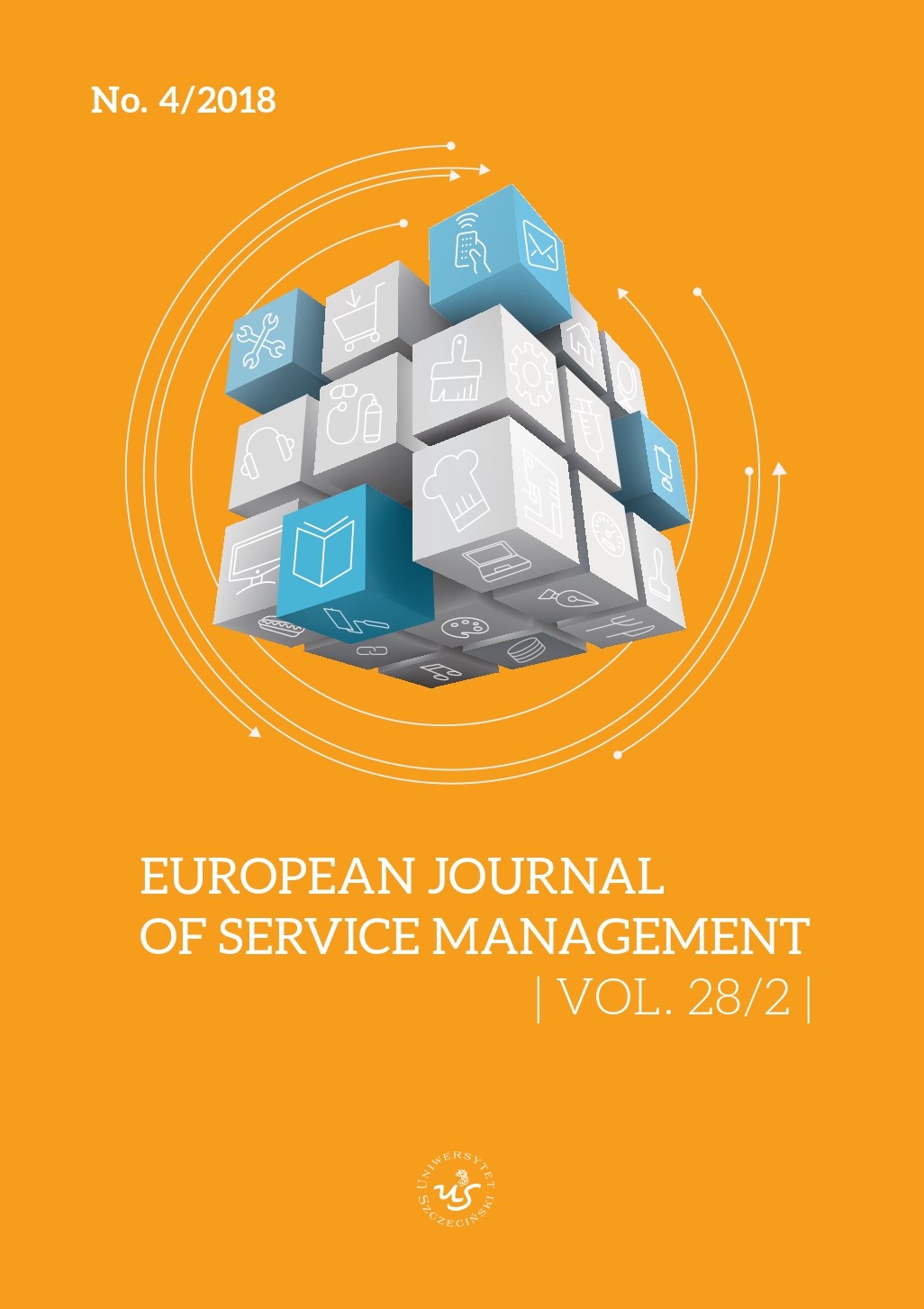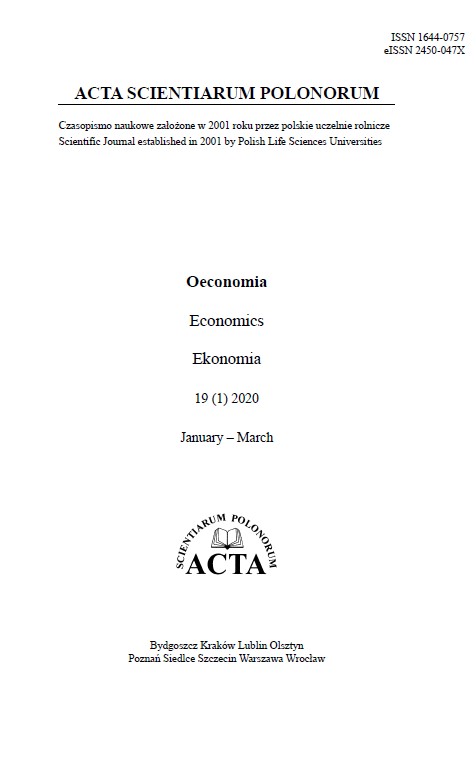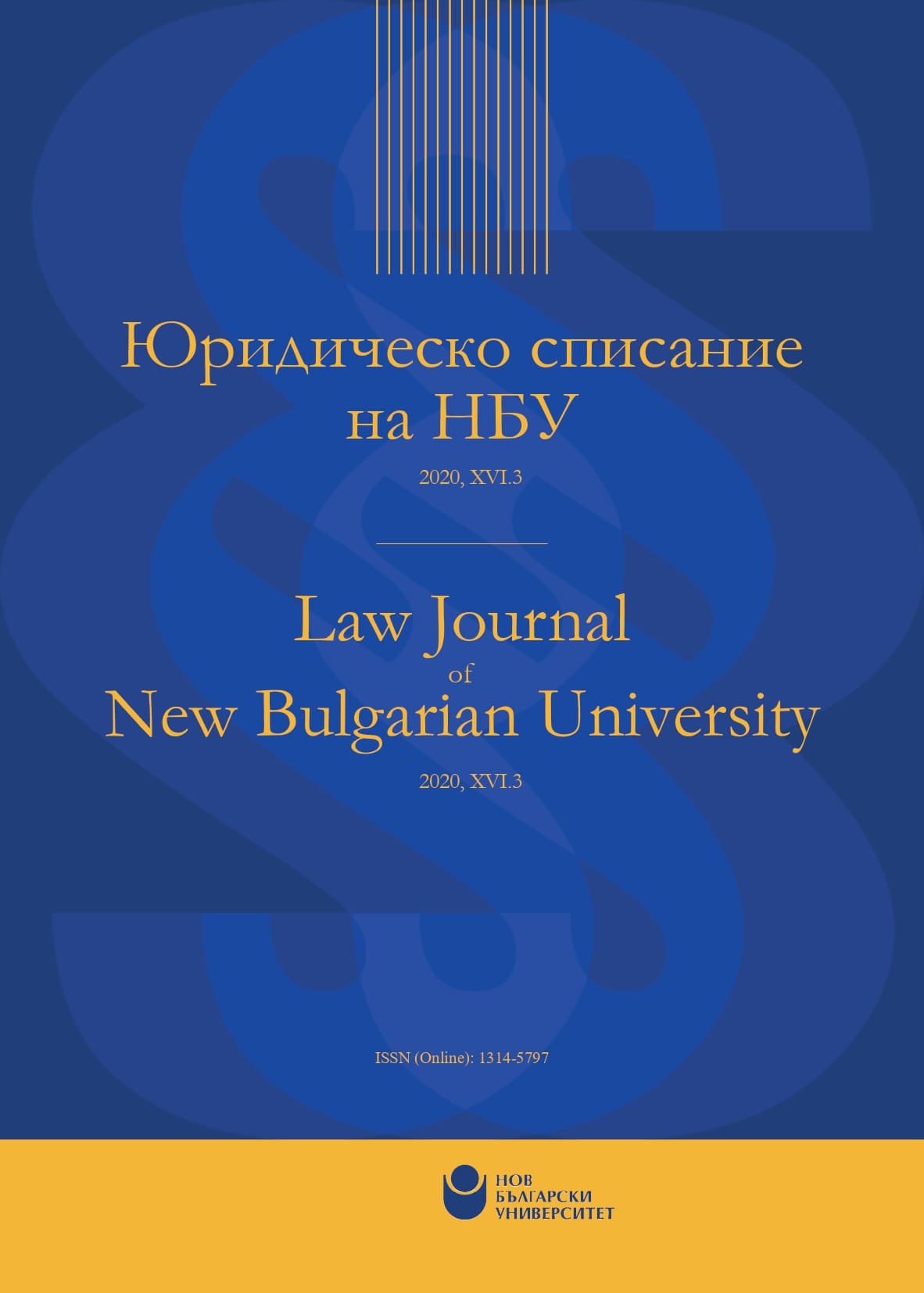Author(s): Marija Ignjatović,Aleksandar Đorđević / Language(s): English
Issue: 2/2020
In the area of the maritime law in the period between the year 600 and 800, the law Nomos Rhodion nautikos was passed, the maritime law which during the following centuries was a part of the Byzantine legislation, through the assignations of the Basilica, more precisely as the eighth title of the LIII book. The maritime law Nomos Rhodion nautikos, was most likely passed during the reign of Lav III, on the passing from the VII to the VIII century, before the Basilica was passed. Even though the text of the law was based on the principles and rules of the Roman law, it represented an individual and original legislative work in which a number of digressions from Roman naval law took place, and which regulated this area of law in the way which met the needs of the society in the period when it was made. The Nomos Rhodion nautikos code contained forty-seven articles which regulate different issues from the area of the naval law. By the assignations of this law what was regulated is the following: the legal status of the ship crew, the contract on the transport of goods, the contract on the ship lease, the naval ship-lease deposit, the shipman’s accountability, damage, shipwreck, saving and helping at sea, paying the shipcrew and giving certain rewards to the saviours of the ship and the shipload in the course of accidents at sea, etc. The maritime law also contained the penalty regulations, which by its content corresponded the solutions from the Byzantine law of the VII and VIII century. The maritime law held a particular importance for the naval and legal regulations of the medieval towns, because under their influence the by-law regulations of the medieval naval towns of the Western Mediterrranean were created, into whose hands the naval trade was passed after 1204. The relation between the Byzantine law which represented the continuance of the Roman law and medieval towns in the region of the previous western part of the Roman Empire, could also be recognized in the area of the trading law, and particularly in the area of the maritime law.
More...


